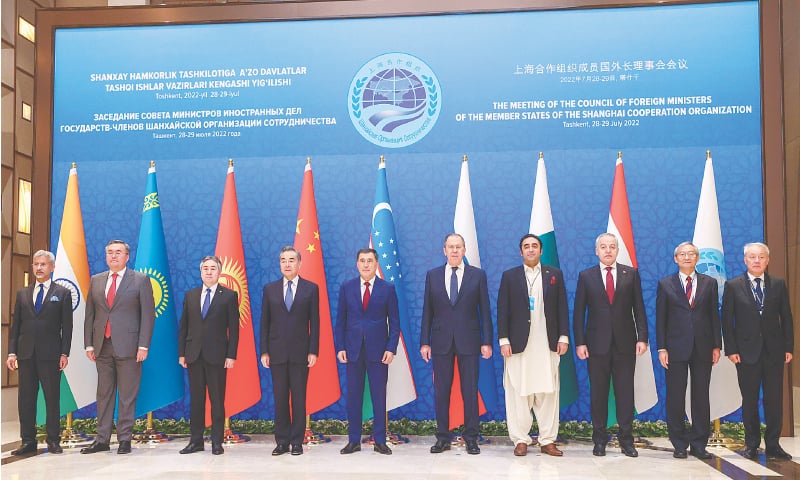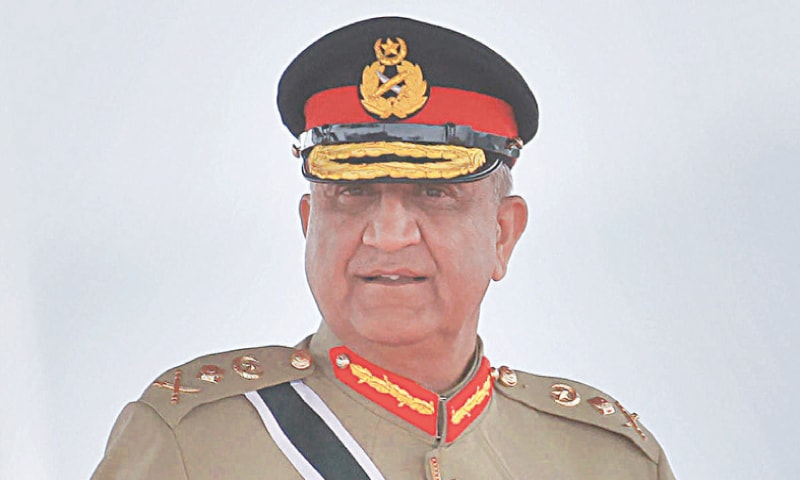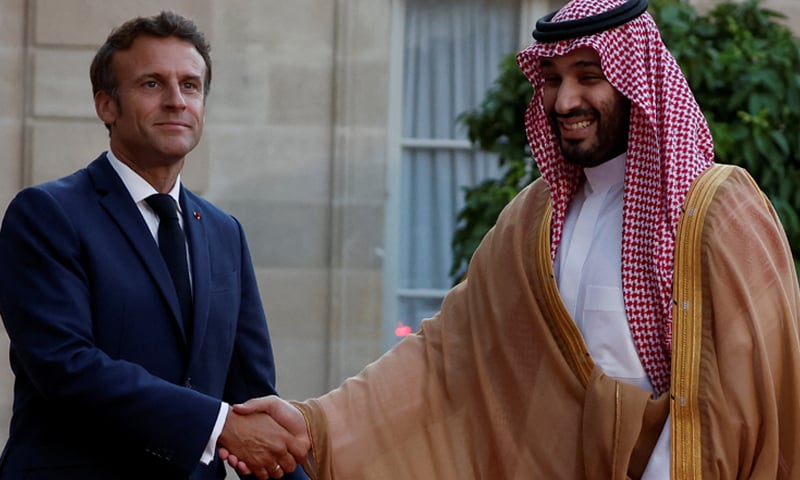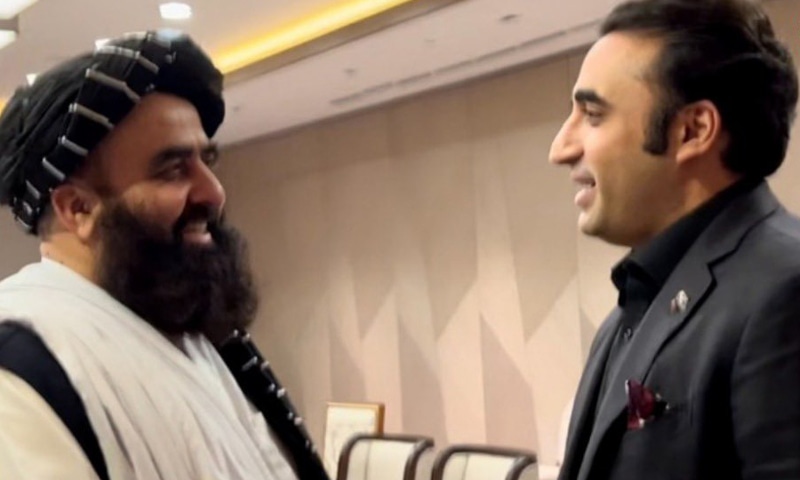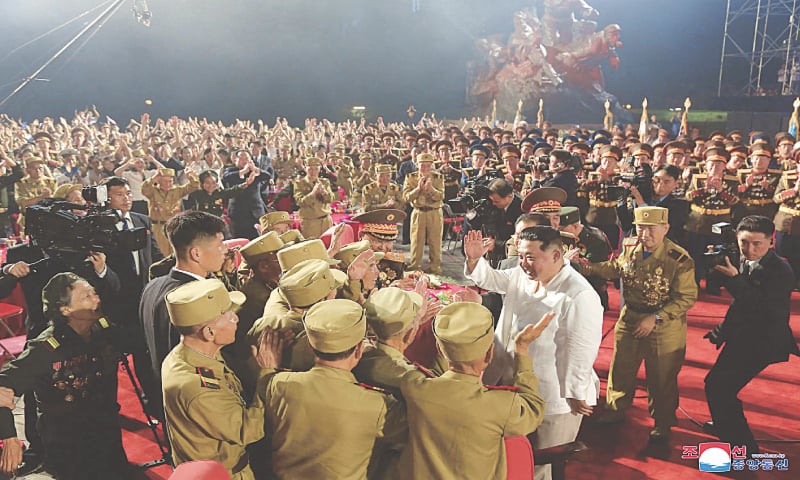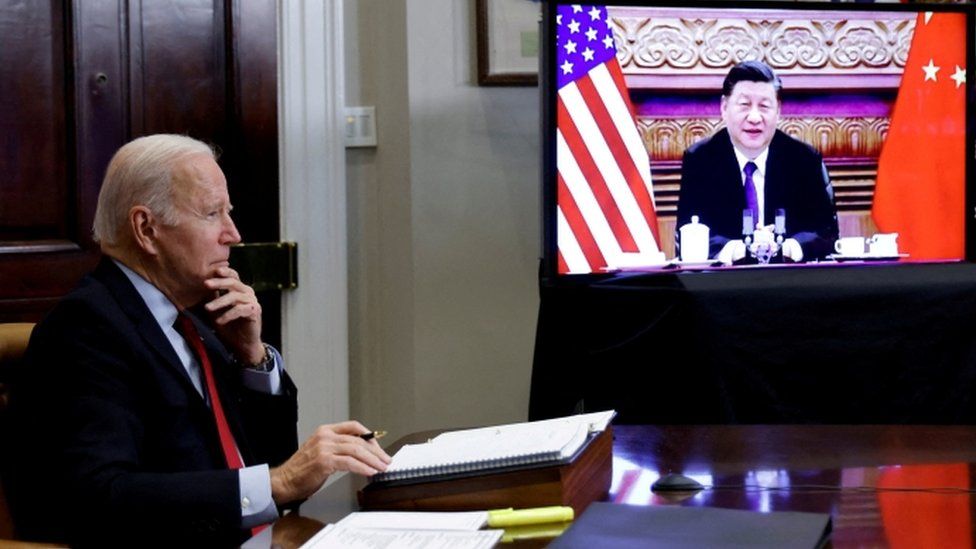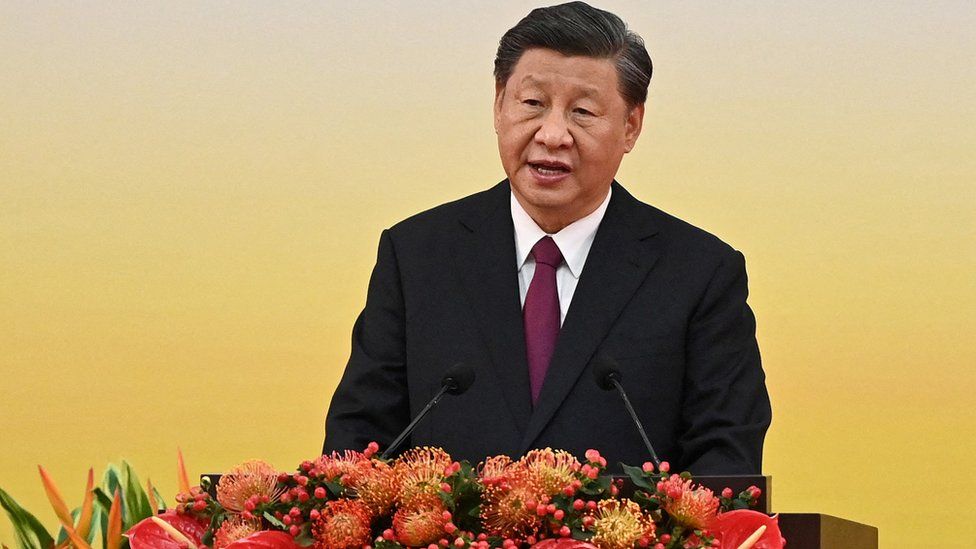In a dispatch from New York, Nikkei Asia reported that “dwindling foreign reserves” have sparked “a scramble in Islamabad to avoid a default.”
Gen Bajwa’s phone call to US Deputy Secretary of State was part of Pakistan’s efforts to avoid a default, the report added.
Foreign Office Spokesperson Asim Iftikhar, when asked about the conversation between Army Chief Gen Qamar Bajwa and Deputy Secretary of State Wendy Sherman, told journalists in Islamabad on Friday: “Well, I understand conversation has taken place, but at this stage, I am not in direct knowledge of the content of this discussion.”
Bajwa-Sherman conversation on early release of IMF tranche reported by Nikkei Asia; COAS, Centcom chief discuss security
When Dawn asked the US State Department for confirmation, one of their spokespersons said: “US officials talk to Pakistani officials regularly on a range of issues.
“As standard practice, we don’t comment on the specifics of private diplomatic conversations.
Earlier this month, one of the prime minister’s advisers — Tariq Fatemi — also met the deputy secretary at her office and conveyed a similar message. Later, both sides issued separate statements, saying that economic matters were discussed in the meeting.
The Nikkei report said Gen. Bajwa had made an appeal for the White House and Treasury Department to push the IMF to immediately supply nearly $1.2 billion that Pakistan is due to receive under a resumed loan program.
The report noted that the present Pakistani government “does not have much credibility or political capital beyond Islamabad, and faces persistent pressure from ousted rival Imran Khan.”
That’s why observers say “power lies with Gen. Bajwa, 61, an infantry officer” although he is due to retire in November after a three-year extension.
According to the report, while Pakistan has already been granted “staff-level approval” for the loan, it will only be processed after the lender’s board grants final approval.
“The IMF is going into recess for the next three weeks and its board will not convene until late August. No firm date has been set for announcing the loan approval for Pakistan,” the report quoted an IMF official as saying.
‘Engaged but impartial’
On Thursday, the State Department had said it remains engaged with a range of stakeholders in Pakistan, but it does not support one political party over another.
Spokesperson Ned Price said this at a news briefing in Washington where he also emphasized the US policy of supporting democratic principles across the globe.
“We remain engaged with a range of stakeholders in Pakistan. With those currently in governments, in a broad array of others, but I’m just not in a position to speak to any such meeting,” said Mr. Price while responding to a question about a reported meeting between a PTI representative and senior State Department official, Donald Lu.
Mr. Lu, who heads the bureau for South and Central Asian Affairs at the State Department, is the official blamed by PTI in an alleged conspiracy to topple their government/
“If there was any such meeting, I just not in a position to speak to it,” said Mr. Price, when asked if a PTI representative had met Mr. Lu, asking him to “forget the past and move ahead.”
Mr. Price also refused to comment on PTI’s position on this issue, saying: “What we’ve said on this before remains true.”
“We support the peaceful upholding of constitutional and democratic principles, including respect for human rights. We don’t support one political party over another. We support those broader principles of the rule of law and equal justice under the law,” he added.
Gen Bajwa and General Michael Erik Kurilla, Commander United States (US) centcom had a telephonic conversation, ISPR stated. During the call, matters of mutual interests, regional stability as well as defence and security cooperation were discussed in detail.




